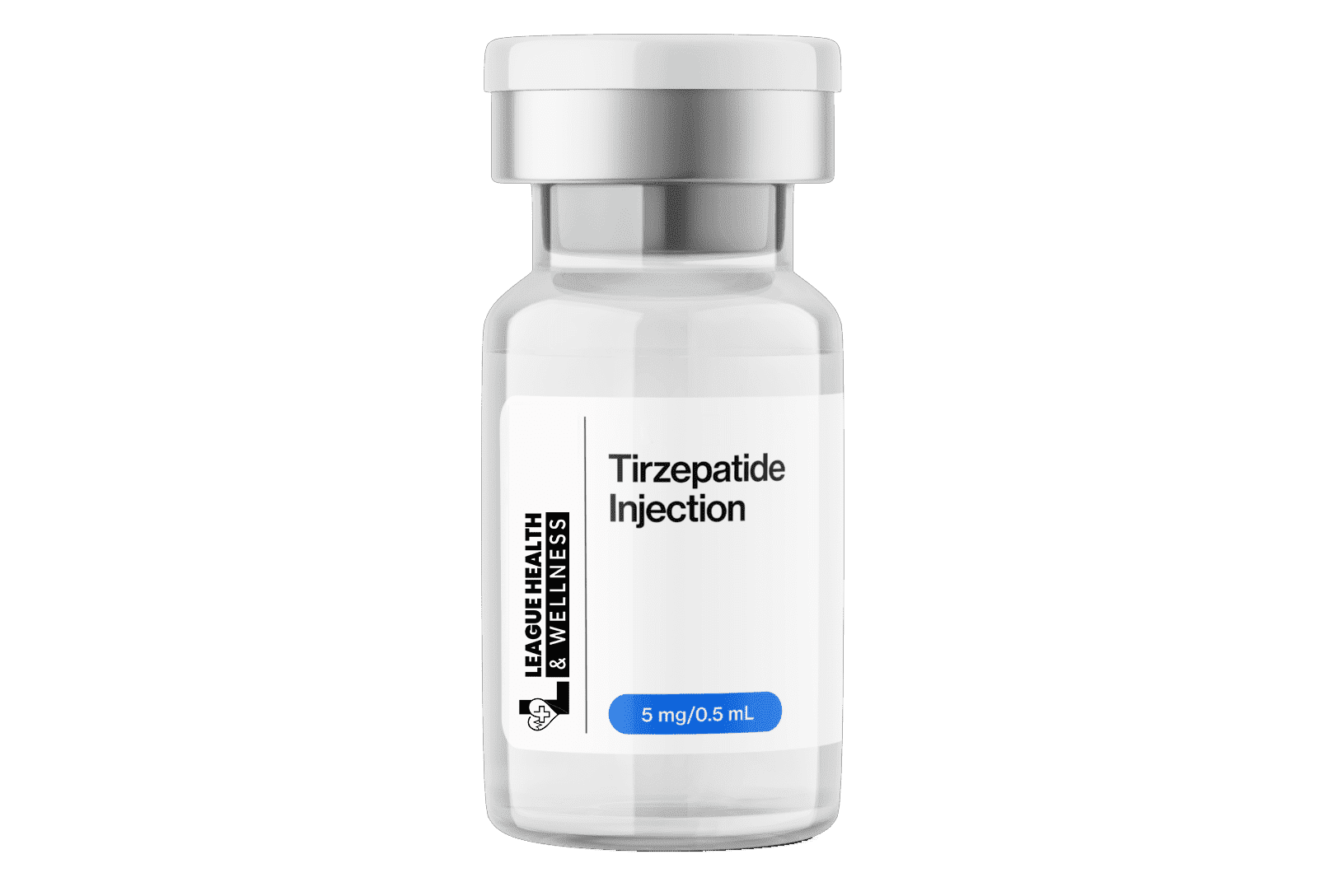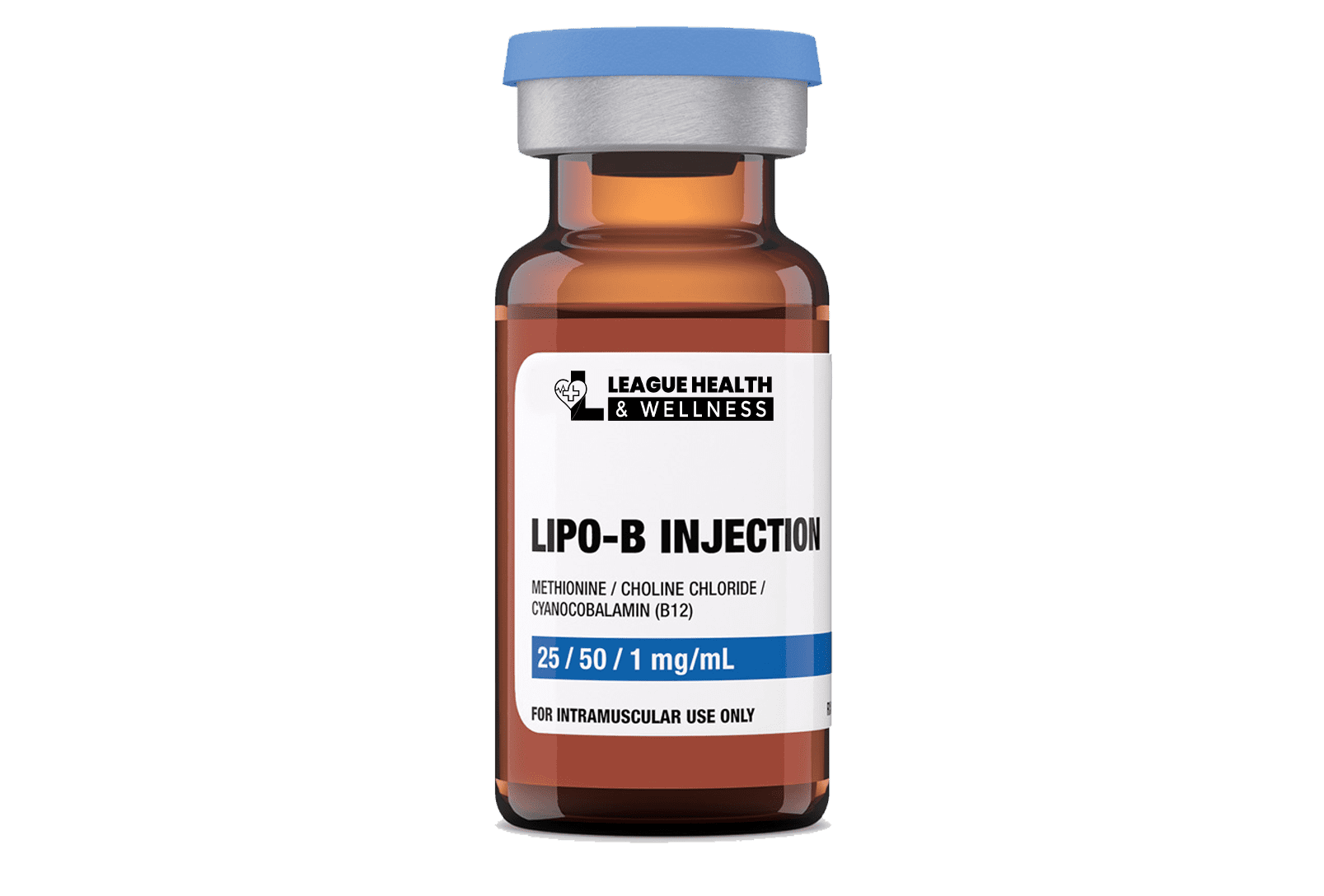Weight Loss Management
A SAFE AND EFFECTIVE PATH TO A HEALTHY WEIGHT

Semaglutide, a weight loss medication, works by curbing your appetite. It’s a game-changer for your metabolic health. Embrace a healthier, slimmer you with this transformative treatment!

Tirzepatide, a weekly injection for type 2 diabetes, aids weight loss. Coupled with diet and exercise, it's a superb choice for managing weight effectively and healthily.

Unlock the potential of a blend harnessing three lipotropics for fat burning and B12 for energy. An effective aid for weight loss, revitalizing life, trimming waistlines!
Medically Supervised Weight Management
As obesity has become increasingly more common in the U.S. in the past few decades, many physicians and clinics around the country are focused on providing medically supervised weight management programs. Through these specialized programs, patients can overcome obesity in a healthy, safe way.
The best weight management programs offer medical supervision, motivation, and a diet and exercise plan. At League Health & Wellness, we’re dedicated to helping our patients with programs designed to help them safely and effectively reach his or her specific weight-loss goals.


Symptoms of Obesity
As of 2020, CDC data found that 4 in 10 U.S. adults are considered obese. Adult obesity rates now exceed 35% in 16 states, as reported by the Behavioral Risk Factor Surveillance System, with the highest obesity prevalence found among middle-aged adults and seniors.
The specific weight at which one is considered “obese” varies based on factors like age and height. The most common way for doctors to define obesity is with body mass index, or BMI. One’s BMI is calculated by dividing the individual’s weight in kilograms by the square of height in meters. The CDC lists the following categories for interpreting an individual adult’s BMI:
- <18.5 = underweight
- 18.5 to <25.0 = healthy weight
- 25.0 to <30 = overweight
- 30.0 or higher = obesity
- Sudden loss of breath
- Increased sweating
- Increased snoring/sleep apnea
- Inability to handle sudden physical activity
- Extreme daily exhaustion
- Back and joint pain
Obesity has also been linked to a number of secondary conditions, including high blood, high cholesterol, type 2 diabetes, sleep apnea, osteoarthritis, gallstones and gallbladder disease.
Please note that while BMI can be a valuable screening tool for obesity, it does not account for all factors, such as body composition and muscle mass. Consulting a medical professional is essential to gaining a complete understanding of the relationship between your weight and your overall health.
What Is Weight Management?
Weight management is the process of achieving and maintaining a healthy weight, often through a combination lifestyle changes and medical intervention. Through medically supervised weight loss, a physician can monitor the overall health of the patient while making suggestions for the individual’s caloric intake, exercise regimen and more.
Achieving and maintaining a healthy weight has many benefits, including:
- A healthier heart
- Lower blood pressure
- Lower risk of heart disease, type 2 diabetes and other secondary conditions
- Less strain on joints and lower back
- A better sex life
- More confidence
- Improved overall quality of life


How to Maintain a Healthy Weight
Maintaining a healthy weight can have a number of positive effects on an individual’s wellbeing. To maintain a healthy weight, the CDC recommends the following measures:
- Eating a healthy, well-balanced diet that stays within your daily calorie needs
- Ensuring you are meeting your recommended daily total water intake from foods, plain drinking water, and other beverages
- Engaging in regular physical activity, including 150 minutes of moderate- intensity aerobic activity, 75 minutes of vigorous-intensity aerobic activity, or an equivalent mix of the two each week.
- Maintaining a consistent sleep schedule of 7–9 hours per night
- Taking steps to reduce day-to-day stress levels
Even with these measures, many people still struggle to lose weight or keep the weight off due to genetic, environmental or medical factors. For those patients, taking part in a weight-loss program supervised by a physician may be a good option.
Get Started
How the Process Works
Choose a Treatment Plan and Book an Appointment
Most of our patients know that what they need is just a few clicks away. Clients start by choosing a treatment plan that best suits their needs.
After choosing a treatment plan and booking an appointment, it only takes a moment to fill out a medical history form, so our physicians have all of the info needed to get you going.
Your treatment plan will be evaluated by a licensed practitioner and a virtual visit with a practitioner will be done at the scheduled appointment time if required by the treatment plan selected for further evaluation and assessment. If there are any further questions, our team will contact you via email, messaging, or phone.
One of our partnered, US based, FDA registered pharmacies will dispense and ship your medication straight to your door.
